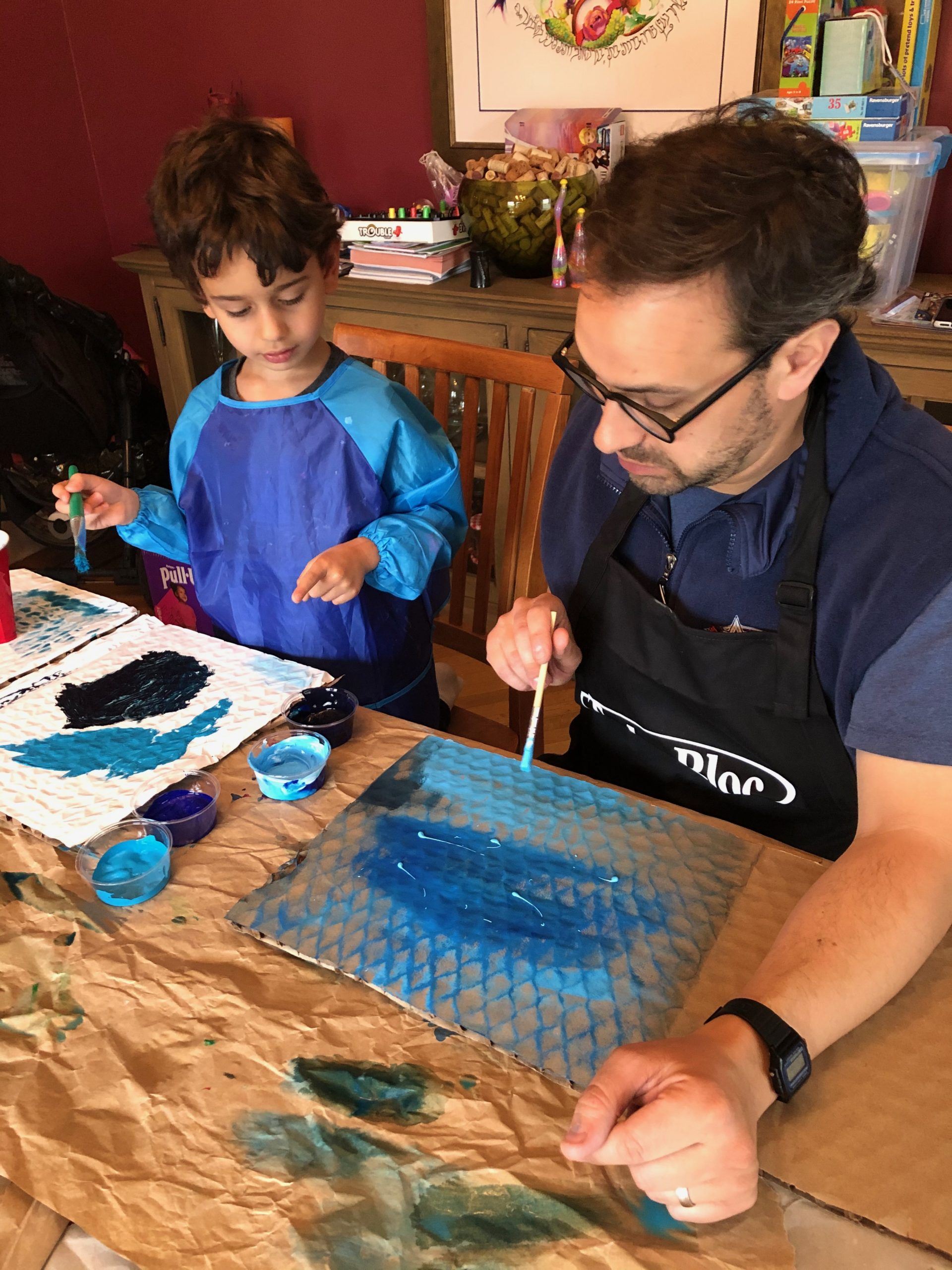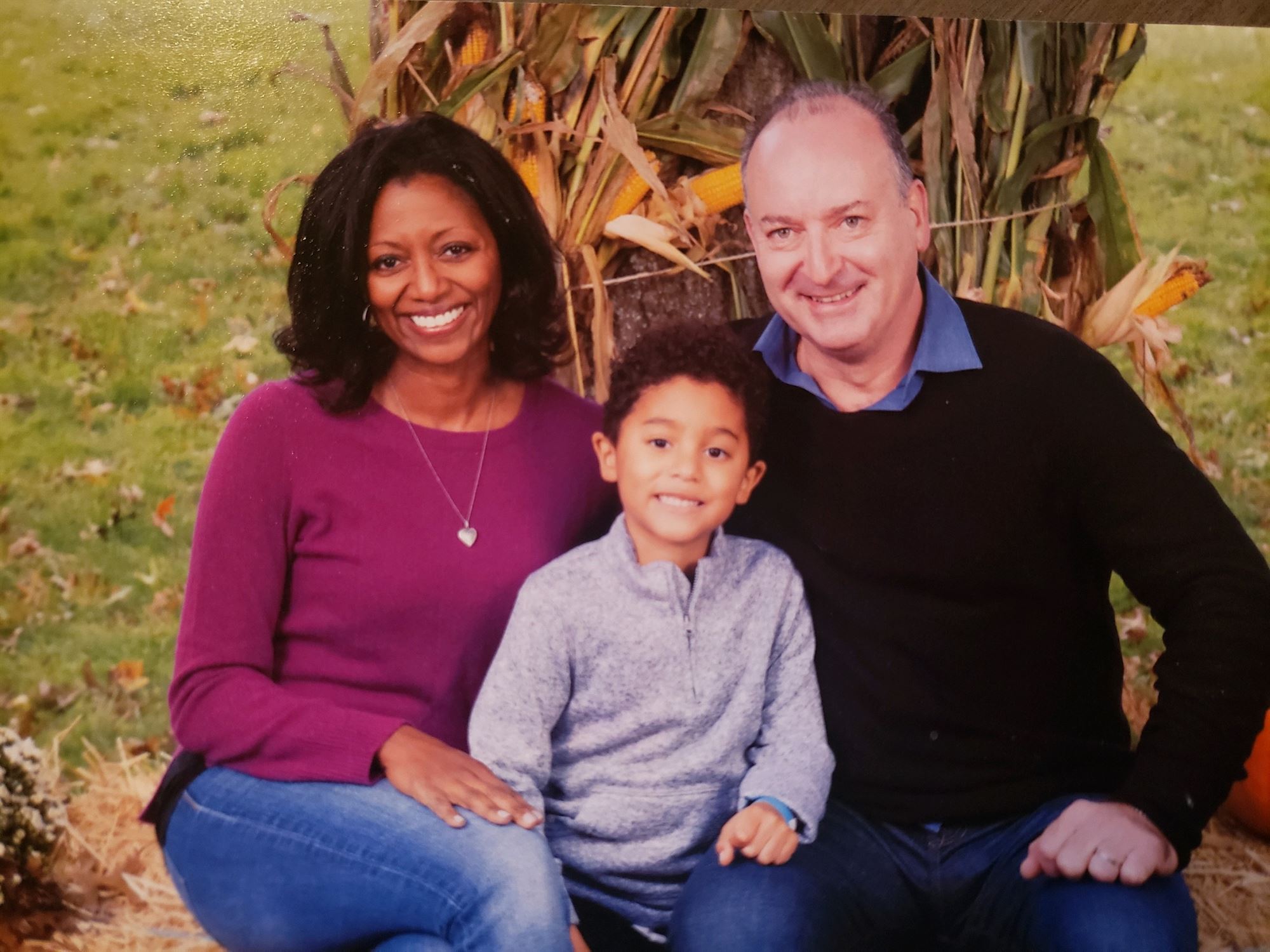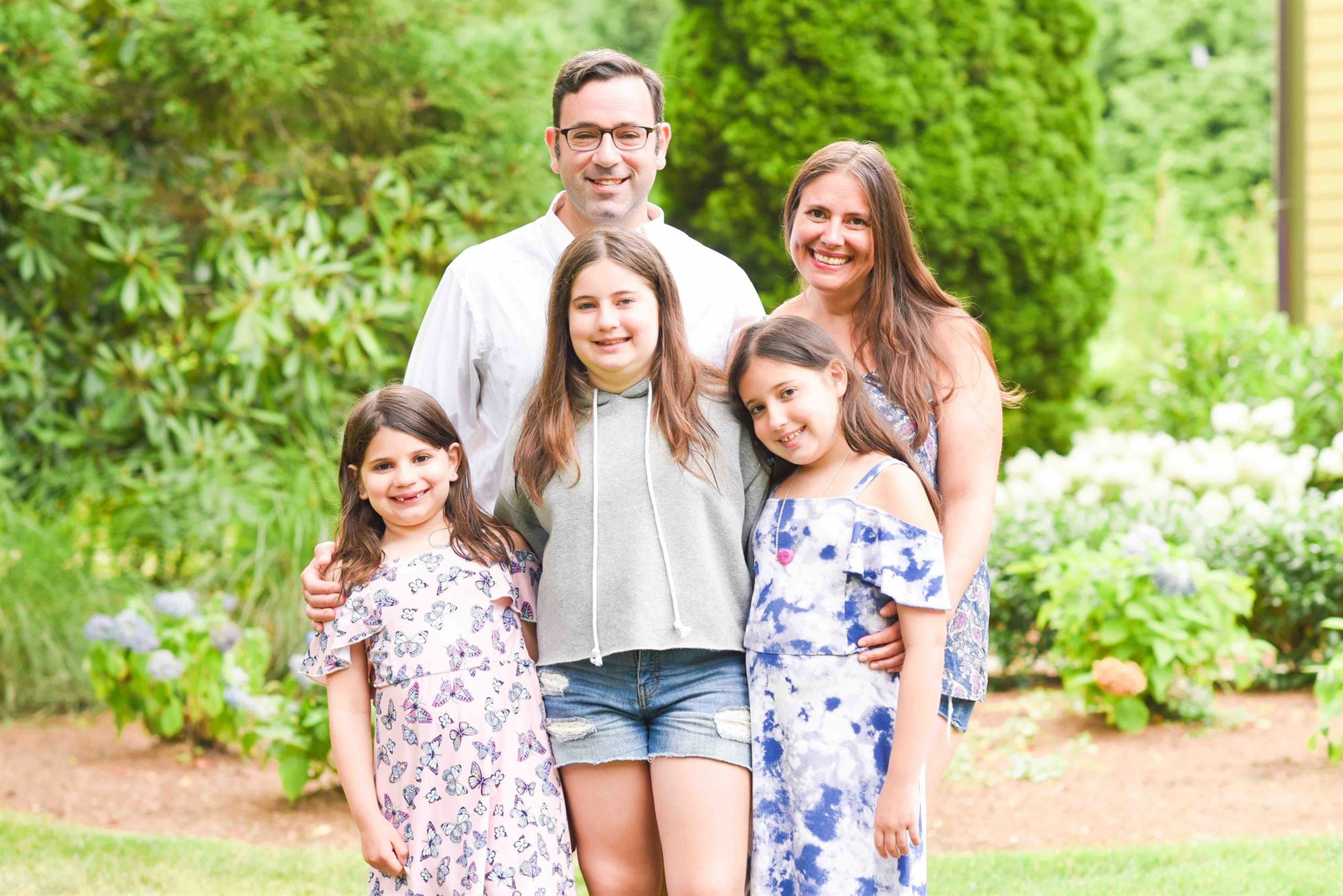With just weeks away from the beginning of the school year, it’s hard to miss the multitude of news articles, think pieces, and editorials that focus on the choices parents are being asked to make while the COVID-19 pandemic alters virtually every portion of our lives. Over the last months, the creation of pod-centric hyperlocal social media groups have exploded. In addition to both Facebook and Nextdoor, neighborhoods have been organizing their family data via GoogleDocs. And yes, even some Yahoo groups have come back from the dead.
Whether you refer to them as “pandemic pods,” “learning pods,” “co-ops,” “bubbles,” or “microschooling,” the basic goal is to establish a small group of students who will study and/or socialize together in a safe environment for all or part of the school day under a pre-established parent, teacher, or caregiver. Their formations demand a tremendous sense of trust and conviction among participants. And from a community perspective, this approach raises questions of mental and physical health, ethics, and social inequities. Some parents throughout the country have chosen to fork over stunning sums of money for them.
And of course, the satire has arrived fast and furious.
We interviewed five different parents who have at least one child currently attending an elementary school in the South Orange-Maplewood School District. Their opinions reflect the choices and complications that come with having a school age child while living through COVID-19.
The changes in school plans have been nothing less than dizzying. Maplewood resident Mark Goldberg, whose son will be a rising first-grader at Tuscan Elementary, planned to choose the hybrid model for the upcoming academic year. However, after Governor Phil Murphy greenlit schools to choose an all-virtual option, the SOMSD school district announced their shift to all-virtual learning for the first quarter.

Miles and his dad, Mark Goldberg.
“My first reaction when they told me they were going all virtual was, ‘You’ve got to be kidding me’,” says Goldberg, who also has a three-year-old daughter attending preschool at Congregation Beth El in South Orange. “I’m just hoping that her preschool doesn’t follow suit.” (At the time of publishing, Congregation Beth El plans to hold in-person classes).
While Goldberg is concerned about his son losing the opportunity for in-person socialization with other kids, he also speaks about the intangibles that he believes will be lost by the continued all-virtual education. “I don’t want him to miss out on the pleasure and sense of normalcy that school represents,” he says. “I also don’t want him to dislike school as a result of having to be forced to do it by his dad and mom.”
While he and his wife Nicole Pivnick have been discussing the possibility of creating some sort of pod structure for their son, Goldberg says he’s in need of more information from the school district before he can start making those decisions. “Because there’s been so much uncertainty from the district and we don’t really know what the daily virtual schedule will look like, we’re not frantically running out to inquire about a tutor,” he says. “I give the people that are working extra hours to make it work — especially with things changing so rapidly – a lot of credit […] But it would be very helpful to have a class list of student names and names of parents more than a week before classes start so we can try to get some sort of socialization schedule set up.”
Kimberly Senter Mouhteros recalls that it was early summer when the term “pod” quickly became common parlance amongst her friends and family.
“I had been using the phrase ‘pandemic pod/covid pod’ since we expanded our interactions and exposure to a small group of people outside of our immediate family,” says Mouhteros, a South Orange resident whose son is a rising second grader at South Mountain Elementary School. “We started referring to pods regarding school in mid-July when the discussions started heating up about the risks associated with returning to school.”
The Mouhteros family didn’t feel confident that children could be safely brought back into the school environment – “even with the best intentions and preparation,” she adds. “I just felt like I should get ahead of this and prepare, because I don’t want to be on in the middle of October and then we have an outbreak and the schools close and then I’m scrambling.”
Mouhteros chose to begin forming a pod around the few families she interacted with during the early days of the quarantine. “I trust their habits … we have similar principles and approaches to managing our family safety. And I would feel comfortable having their children in my home and vice versa.”
Since all the parents will be working full-time, this pod is searching for an education professional who will serve as the leader. “You want to have a really high level of confidence in the instructor that you’d be bringing in your home and exposing your kids to. We’re going to go through a pretty extensive vetting process,” she says.

[L – R: Kimberly Senter Mouhteros, Oscar, Taso Mouhteros]
During the second half of the school day, the Mouhteros family will pick up their son and make sure he’ll continue to be involved in something physical during the afternoon. “We’ll continue to rely on Blue Life Karate for a safe, in-person socially distant activity,” she adds.
For Maplewood resident Deborah Engel, one of the major complications is trying to figure out how to pod safely with her three children. “I don’t know any families that have the same lineup as ours, and I’m not sure how we’re going to find them,” says Engel, whose children will be attending second, third, and fifth grades at Tuscan Elementary this fall.
“In a perfect world, I wish that — as part of the class assignments — the district would put kids in small learning groups,” she says. “I sort of know how my kids learn but I don’t have an education background. I’ve never been with them in the classroom. They act differently with me than they do with teachers. And I feel like it’s also important for kids to be learning side by side with kids who learn in complimentary fashion.”
Engel, who is running for a seat this year for the SOMSD Board of Education, is quick to express a greater concern beyond the situation with her own children. “In one sense, pods could be a great idea. But we already have so many inequities in our district and I worry about how pods are going to create even more inequities here,” she says.
In addition, she also struggles to find a way to maintain her family’s health and safety while establishing pods for her kids. “If I put each one in their own pod, how does that work from a safety perspective? If there will be four kids per pod, all of a sudden those circles make our circle even wider – and we’ve been really careful and contained.”
Engel boasts a significant amount of experience working with caregivers. She founded Work and Play, the co-working-childcare space that closed in June due to COVID-19. Her previous experience will factor in to the choices she’ll make should she make a go at podding. “I’ve looked into the co-op model, where the parents are taking turns and each taking a day of the week — or maybe only a couple days a week to help them with their remote learning,” she says. Hiring teachers, high school students, and college students is also in the mix.

The Engel Family. [Photo credit: Sara Cooney Photography]
When South Orange resident Shana Lenochan began discussions around pods, she envisioned something on the smaller, low-key side. “It definitely wasn’t on the level of ‘let’s organize a school,’” she says. Lenochan has a rising fourth grader at Jefferson Elementary School as well as an incoming kindergartner starting at Marshall Elementary School. Her husband Jackson is an artist and art teacher at a high school in Newark.
“To be honest, my first conversation around pods wasn’t even to say, ‘Hey, let’s form a pod.’ It was more of an extension of what I already do as a parent. I lean on other parents with similar needs and we figure out how to help each other out,” she says.
Lenochan explains that there have also been discussions in her neighborhood about a collective scenario: “There was a post sent out asking if we can figure out how to help support each other. Let’s think about how someone’s backyard can be used as a gathering place for kids to get together and do schoolwork.”
Although she’s considering hiring a part-time student – perhaps from Seton Hall – she does not envision bringing in a full-time teacher. “I don’t think that type of pod arrangement is anywhere in my future,” says Lenochan. “I think the cost would be — in my view — abandoning or giving up on the school district. That is something I don’t want to do or encourage. […] I get that there’s a lot of uncertainty and people have to try to manage what they can. In a way, that is putting energy and effort towards something other than supporting the school district.”
While South Orange resident Nina Essel and her husband will be working full-time, she won’t be going the podding route for her son, who will be entering first grade this fall at Seth Boyden Elementary School. She also has a two-year-old daughter.
“I will start with a caveat of that neither my children have special needs or have any diagnosis or learning challenges,” say Essel, who is a social worker at Achieve Community Charter School in Newark and has a deep knowledge of elementary education. In addition, she is the founder of Balance Kids, an organization that provides support and advice to children and parents alike. She has been holding workshops to assist and advise parents, particularly as of late with issues about handling their children during COVID-19.
“My husband and I both work full time. He is not flexible at all with his work schedule, but we do have a full-time nanny. I recognize that I’m speaking with a certain level of privilege,” says Essel, who plans on sending her son to her friend’s house for a couple of hours per day while she continues her full-time job. “I’m pretty relaxed in terms of what my expectations are. I just don’t want him to slide and I would like him to read a little bit stronger.”
Essel has taken note of the many conversations about pods taking place within this community and across the country. “I think a lot of people who are having the podding conversation are not considering the larger implications. They are just very focused on ‘What do I want?’ or ‘What does my family want?’ and not recognizing the system of inequity that it perpetuates,” she says. “Their focus is narrow. ‘This is what my family needs.’ ‘This is what my children need’ – focused on their expectations rather than us having a larger community conversation around what our community needs, and how can we get these needs met in a way that’s more inclusive of everyone.”
“But I also see people who just basically want to recreate school in a tent outside their house or in a backyard with a private teacher because that’s what they want for their kids,” adds Essel. “I recognize that everyone’s in survival mode, but you really need to open that conversation up about what your community needs and identify different levels of support that’s helping everybody access what they need. Instead of just the family with the financial means to pay for it.”
Recently, Essel led a workshop to help parents whose children are attending Seth Boyden and hopes to expand those workshops to other elementary schools in the district. “I do think the district – the schools – should pivot and offer more parental support,” she says. “Teachers go to school, they have a master’s degree, and they get all this training. And then we just started doing remote schooling without really talking to parents about how to set yourself up for success. We need to find a way to have a large community conversation.”

